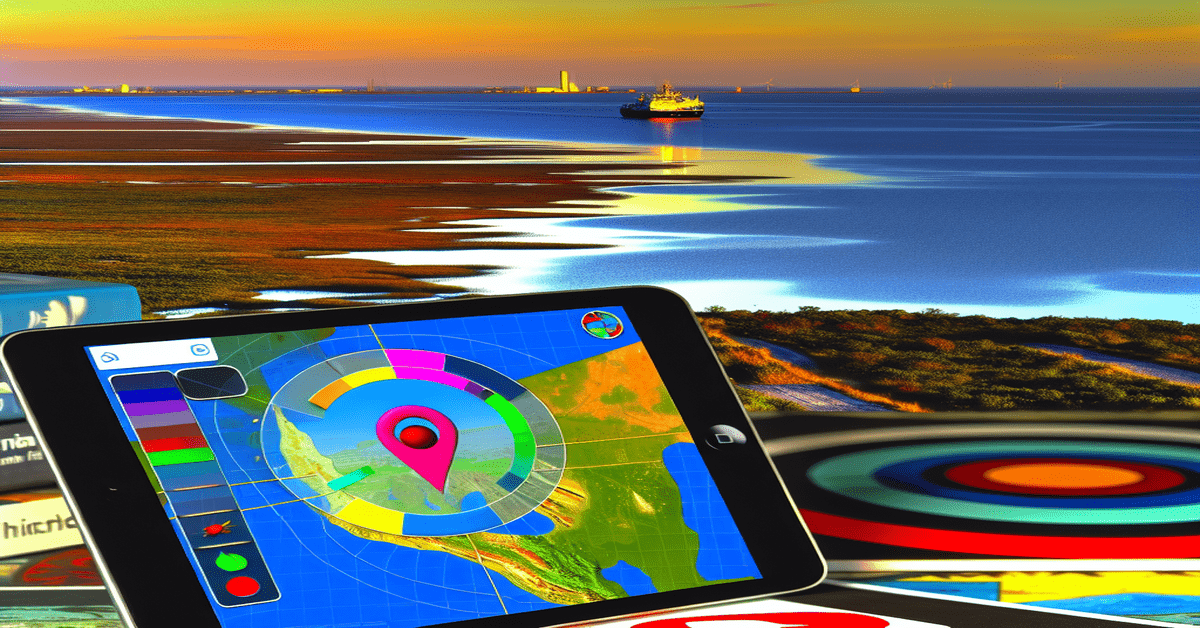Tech Giants Stick to Geographical Accuracy Amidst Naming Controversy
In the ever-evolving world of digital mapping, a recent dispute has emerged over the naming of a well-known body of water. The **Gulf of Mexico**, a geographic feature that has been recognized by this name for centuries, has found itself at the center of a political and linguistic debate. Former U.S. President Donald Trump stirred the pot by suggesting that the gulf should be renamed to the “Gulf of America,” a proposal that has been met with widespread skepticism and criticism.
Apple and Google Stand Firm
Despite the political pressure, tech giants Apple and Google have remained steadfast in their adherence to internationally recognized geographical standards. Both companies have consistently used the name “Gulf of Mexico” in their digital mapping services, refusing to bow to the whims of political rhetoric.
This stance is not surprising, as these tech leaders have built their reputations on providing accurate and reliable information to users worldwide. Changing the name of such a significant geographical feature would require a substantial consensus among experts in the field, as well as updates across numerous databases, educational resources, and international agreements.
The Importance of Geographical Accuracy
The **Gulf of Mexico** is not just a name on a map; it carries with it a rich history and cultural significance. For centuries, this body of water has been a crucial hub for trade, transportation, and ecological diversity. The name itself reflects the gulf’s proximity to Mexico and its role in shaping the region’s identity.
Geographers, cartographers, and international organizations have long recognized the importance of maintaining accurate and consistent place names. Renaming the gulf to “Gulf of America” would not only disregard this established consensus but also potentially create confusion and logistical challenges across various industries.
Political Undertones and Implications
The suggestion to rename the Gulf of Mexico has not been well-received by the international community. Many view it as an attempt to assert nationalistic or isolationist sentiments, disregarding the shared history and cultural ties that the gulf represents.
In an increasingly interconnected world, such unilateral decisions can have far-reaching consequences. Renaming the gulf could strain diplomatic relations, hinder scientific collaboration, and undermine the efforts to foster global cooperation on issues like environmental conservation and maritime security.
Looking Ahead
As we navigate the complexities of the digital age, it is crucial that we prioritize **accuracy**, **consistency**, and **respect** for established geographical norms. Tech companies like Apple and Google have demonstrated their commitment to these principles by resisting political pressure and maintaining the use of “Gulf of Mexico” in their mapping services.
Moving forward, it is essential that we continue to engage in open and informed discussions about the significance of place names and their cultural implications. By embracing diversity, acknowledging shared histories, and upholding scientific standards, we can foster a more inclusive and collaborative approach to mapping our world.
As individuals, we also have a role to play in this conversation. By staying informed, supporting reputable sources of information, and engaging in respectful dialogue, we can contribute to a more accurate and harmonious understanding of our planet’s geography.
So the next time you pull up a digital map and see the label “**Gulf of Mexico**,” take a moment to appreciate the centuries of history, cultural exchange, and scientific exploration that this name represents. Let us strive to build a future where geographical accuracy and cultural sensitivity go hand in hand, guiding us towards a more connected and understanding world.
#GulfOfMexico #GeographicalAccuracy #DigitalMapping
-> Original article and inspiration provided by ReviewAgent.ai
-> Connect with one of our AI Strategists today at ReviewAgent.ai


